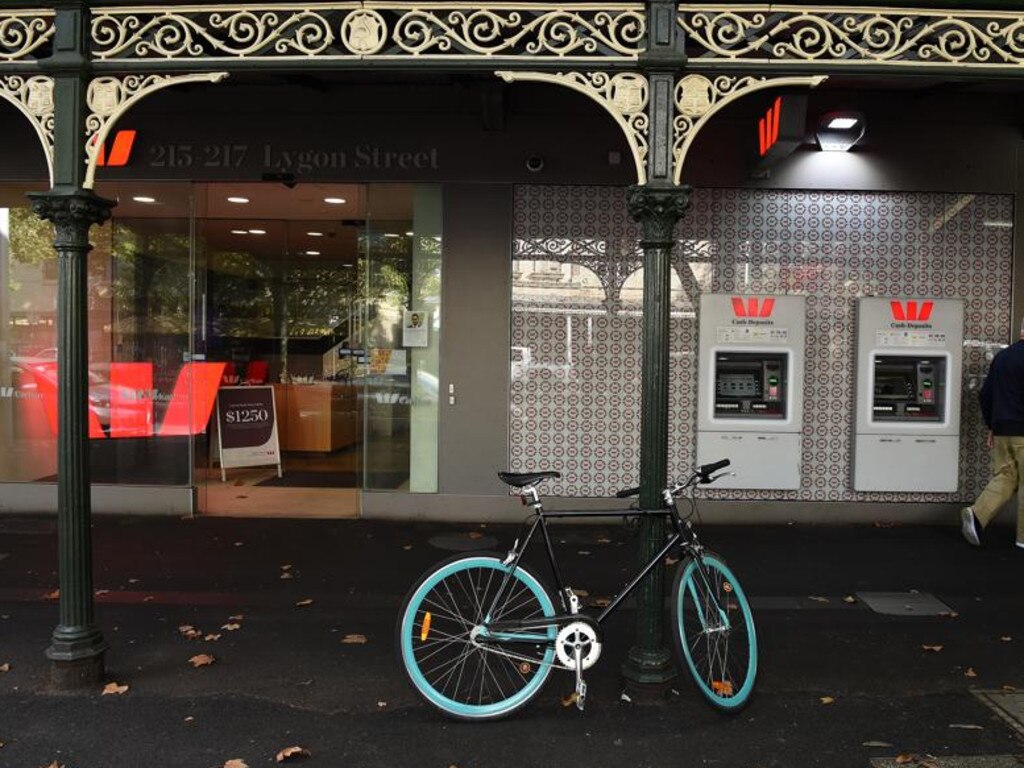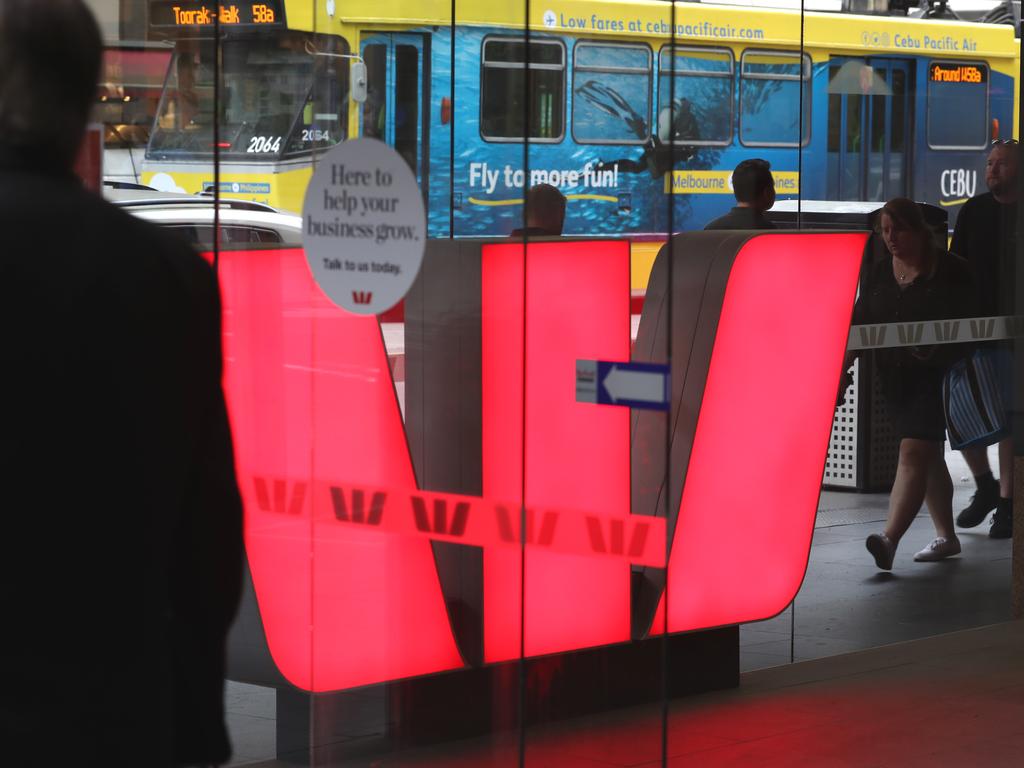
There are plenty of positive reactions because he is without doubt a first-class financial services boss with an international reputation who has the experience and gravitas to handle the regulatory job ahead.
Let’s face it, being a bank chair or chief executive isn’t exactly the walk in the park it used to be given the banks’ reputations have been trashed, regulators are coming at them from every angle, class actions by the truck load and liability insurance going through the roof. They are the government’s favourite political football and have done a great job of talking the talk but not actually delivering on customer service.
The only thing running in big banks’ favour in years past was that they had little competition, were too big to fail but arguably also too big to manage.
Choice of strategy in that context is not simple, and at least in theory technology means competition will be different and real.
His most important job will be the selection of a chief executive, a decision he relishes, because in his last two roles as chair of Barclays and Aviva he was presented with newcomers selected by his predecessors.
Both were shown the door soon after he settled into the chair.
That shows a welcome toughness and a reflection of the fact the incumbents were someone else’s choice.
McFarlane has made clear he will be out the door after four years while acknowledging the term will be determined once the results are settled.
On most readings both Aviva and Barclays still have their difficulties, and critics would say the McFarlane chairmanships had at best mixed success.
Former ANZ boss Mike Smith, who followed McFarlane into the chief executive’s role at ANZ, was left with more than his share of snafus that were definitely not of his creation, from Opes Prime to credit costs and Asian black holes.
McFarlane, who had a reputation for walking on water, certainly left at the right time, albeit after a public brawl with his then chair Charles Goode over the appropriate time to leave, which Goode thought was earlier rather than later.
One of McFarlane’s ANZ proteges was Brian Hartzer, the man who lost his job late last year in the wake of the Austrac scandal.

This must be difficult for McFarlane, given he had pushed for Hartzer to run ANZ after him.
At 72 he bristles at claims he is too old, noting he is fitter than most, walking 6km a day and then completing a circuit of “20 of everything” to keep in shape.
When he returned to Australia last year he made clear he wasn’t planning to take on another onerous job; having seen both his brother and sister die of cancer in their 50s, he was going to ensure he enjoyed his retirement.
Lindsay Maxsted first contacted him in the weekend before Christmas, and on Tuesday, after a 10-day holiday in Thailand, he agreed to the job.
This came sooner than the board was expecting because on Tuesday some were saying the decision was weeks away, not knowing where McFarlane stood and without a million candidates before them.
Outgoing chair Lindsay Maxsted has done well in finding a very credible replacement at a difficult time for Westpac.
Down at NAB the new chair is a former Westpac executive in Phil Chronican, and former RBS and CBA executive Ross McEwan is the CEO.
In terms of old school banking smarts the NAB pair is first class.
McFarlane has made clear he has an open mind on whether to install an internal or external candidate as CEO.
He has shown in the past he is a hands-on chair, which may be a reflection of the times in banking.
Asked why he changed his mind and took another job, he confided: “It’s been 50 years since I have had no challenges.”
The path ahead he sees relatively straightforwardly - first working out where the bank is different strategically and where it can play to its strengths.
Then it’s a matter of adding long-term value.
Governance is obviously high on the Westpac to-do list, given the Austrac snafus and a string of other royal commission failings, like charging customers fees for no work and dodgy lending practices.
Then there is management which must be effective, culturally sound and fully compliant.
All things that are easy to say but when the culture is broken it’s not so easy to execute.
Accountability, he rightly says, is crucial on both an individual and collective basis, so people get the right credit for what they do.
One of his sparring partners in his ANZ days was David Morgan, who was then running Westpac. The two fought on aesthetic issues like being seen to be sustainable and climate-friendly.
McFarlane sent Morgan a note on Thursday saying what a thrill it was to be working to preserve his legacy.
The role of chair is a tough one because while you are in an oversight role you must also know what questions to ask to be able to see the smoke coming in the door.
That requires knowledge which McFarlane clearly has and when he starts in the middle of next month he will also assume the position of commander.
The mission is both to restore the bank’s standing while adapting it for the future.
At his farewell function at Barclays in London last year he reportedly finished with the Ralph McTell line that it’s “so hard to let it go”.
Against the odds
Oaktree Capital’s Howard Marks is a realist who told clients in a recent newsletter that “investing is a game of skill which means inferior players can’t be expected to be above-average winners in the long run, but also a game of chance which means skill won’t win every time. Futures are merely possible, they haven’t happened yet.”
A good poker player will win most of the time, but that also means losing 40 per cent of the time — which is a lot of losing.
Risky business
Downer’s Grant Fenn earns just 5 per cent of his profits from his construction and maintenance division but when things go wrong the losses are a multiple of this.
On Thursday, he revealed two problems in the division due to cost overruns in two projects, which means profit this year will be closer to $300m than the forecast $365m.
The result being an 18 per cent cut in his stock price by the end of the day’s session, after falling to levels not seen since August last year of $6.95, from a high of $8.55 earlier this month.
The stock had risen from a low last June of $6.70 after disclosing losses due to the collapse of its Murra Warra wind farm turbine producer in Germany.
Little wonder Fenn, like his mate Steve McCann at Lendlease, wants to concentrate more on services.







On paper, John McFarlane ticks all the boxes but his track record in practice has raised questions, and reviews of his appointment are mixed - as shown by the tepid market response.